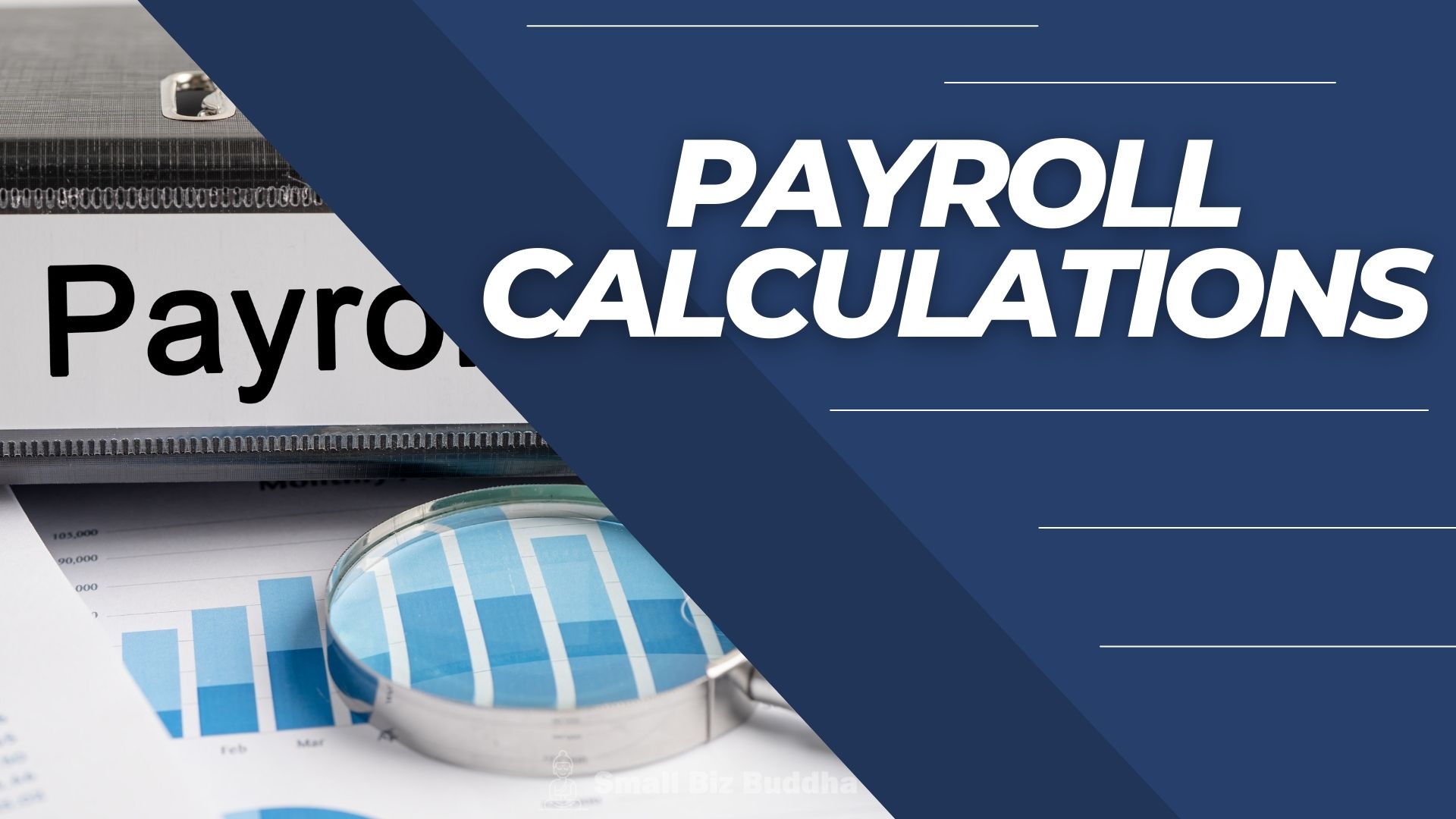In the world of small business, things can get a little hectic. There are so many things to take care of and no one to answer your questions. However, that doesn’t mean you need to give up on being your own boss and running your own small business. Running a small business can be challenging at times but it can also be rewarding if you have the right support system. With that in mind, we’re going to discuss some of the common payroll calculations small business owners and independent contractors should know for their businesses.
No matter how busy you are, it’s important to keep track of employee pay information for your business. Failure to do so could result in letting valuable skill employees go or not being able to properly compensate employees who are underpaid compared with other employees in similar positions within the company or industry as a whole.
What’s a payroll calculation?
Payroll is the process of recording the hours an employee worked, paying them for those hours, and then paying taxes and/or benefits (if applicable) for that employee. This information is used to calculate an employee’s pay, including but not limited to things such as vacation pay, overtime pay, and sick pay. 77% of small businesses say income taxes create extra burdens (National Federation of Independent Business). When you are running a small business, you might need to calculate payroll information for your company. There are a few different types of payroll calculations you might need to make depending on the size of your business.
How to set up payroll for your small business
Setting up and managing payroll for your small business can be a challenge. There are a lot of moving parts, and if you’re not careful, it can be easy to make mistakes that end up costing you money. To avoid this, you should set up a payroll system. A payroll system is a software tool that lets you track employee hours, track how much they’re earning, and sends you monthly reports that show you how much you have to pay each employee and which deductions have been taken from their pay.
You can find a payroll system that lets you do everything from track employee hours, to manage pay schedules and taxes for your business. Plus, these systems are designed for small businesses, so they’re built with the decentralized nature of a small business in mind. This means that they’re designed to be easy to use, with robust features, while still being fairly affordable.
Common payroll calculations for small businesses in the US
There’s a lot of confusion and uncertainty around business payroll taxes. Because of this, there are a lot of misconceptions and incorrect information being disseminated around the internet. In this section, we’ll set the record straight on some common payroll tax calculations for small businesses in the US. Employee’s wages
- This would be the amount you pay an employee for each pay period.
- FICA – This is the Federal Insurance Contributions Act tax, which is a payroll tax that funds Social Security and Medicare.
- FUTA – This is the Florida Unemployment Tax Act, which is a state tax that funds unemployment insurance.
- SSA – This is the Federal Insurance Contributions Act, which funds unemployment insurance.
- Medicare – This is the Federal Insurance Contributions Act tax that funds Medicare.
- State Income Tax – This is the amount you have to pay in state income taxes.
Common payroll calculations for small businesses
There are a few basic payroll calculations you’ll need to know for a small business. The most important one is determining how much each employee should be compensated. This includes calculating the employee’s wage, determining how much vacation time, if any, they are entitled to, and their wages. Other common payroll calculations for a small business include:
- How much to withhold for payroll taxes
- How much to withhold for federal income taxes
- How much to withhold for provincial or territorial income taxes.
Differences between US and Canadian Small Business Payroll Calculations
One thing that can confuse small business owners is the difference between US and Canadian payroll tax calculations.
Social Security
Social Security is payable by both the employee and employer. The employee pays 6.2% for the first $127,200 of income, and the employer pays 12.4% on the next $127,200.
Medicare
This is payable by the employee and is a healthcare contribution for both the employee and employer.
FICA
This stands for Federal Insurance Contributions Act and it is payable by the employer only.
Bottom line
If you are a small business owner and want to know how to calculate payroll, this article can help you. There are so many things that go into running a business, and doing them well is a lot different than doing them well. With that in mind, if you want to know how to calculate payroll for your small business, you’ve come to the right place.

